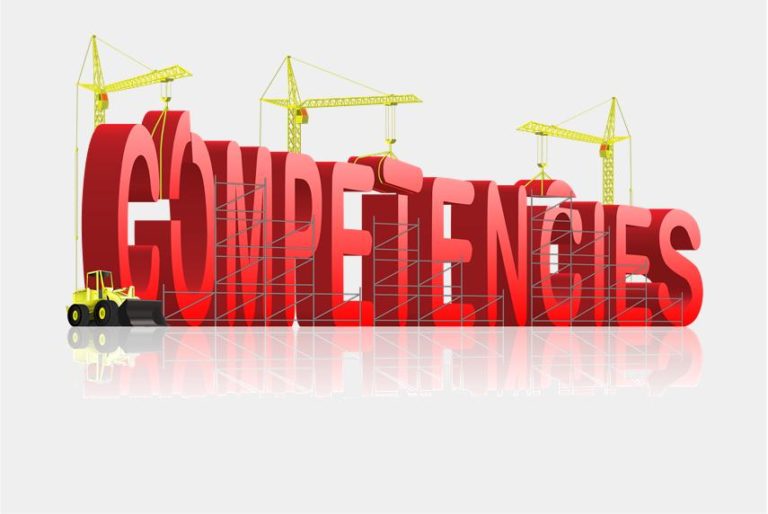Stop Being Nice and Start Getting Real About Performance Management
Posted by Julie • November 8, 2016 (Last modified July 29, 2018) • 3 min read
It may sound harsh, but managing employee performance is about creating a supportive workplace where employees feel safe, productive and engaged, not making best friends. Most days will be spent getting work done alongside a little lighthearted, idle chat. Other days may call for honest, somewhat stern conversation. No one wants to be the one to deliver constructive feedback that leaves an employee a little sour, but it’s detrimental to not let poor performance continue.
Make solid performance management a reality with these rules…
Be Polite, Not Agreeable
There’s a small difference between being polite and nice. One is respectful and mannerly while the other is a little more agreeable. Yes, there are times when even a manager needs to practice kindness and understanding, but almost never should they be agreeable. Leading people to productivity depends on following process and structure, so when an employee is getting off track, it is a leader’s job to reign them back in. Be polite and mannerly while holding fast to your ground.
Do This: Stick to the facts and use language that looks toward a better tomorrow. Delivering negative feedback constructively requires tact. It’s important to balance assertiveness with positivity. The employee should leave with a very clear idea of their mistake, what needs to be done going forward and understand that the conversation was critical for growth purposes.
Did you know better performance management saves time? Read How to Get Rid of Useless Meetings with Effective Performance Management to learn more.
Define Employee Roles
If you asked your employees what their official job titles were, they probably could answer in seconds. If you asked what they do on a daily basis, the list might take a few minutes. If you ask what their role is, they might hesitate a little and eventually repeat their job title. Unfortunately, the role of an employee isn’t their job title or even their daily duties. It’s the somewhat complicated-to-define, unique place that the individual holds within the team. Defining a role begins at the title and job description, but also adds intricacies like expectations and key relationship development.
Do This: Go beyond job duties and descriptions. Goal setting is key to defining employee roles. Goals set expectations and establish career trajectory, giving employees clarity around the skills important for development and a future within the organization.
Read 5 Employee Feedback Tips for Clearer Career Progression to see how feedback pushes employees to always be improving.
Make Performance Reviews Count
The stat has been covered a million times: 90% of performance reviews are painful and ineffective, and 30% of reviews decrease performance. Annual appraisals catch grief, but performance reviews can be as useful or inspiring as you allow them to be. Change your thinking. Performance reviews are communication opportunities. They won’t include all good, but the premise is nothing but positive.
Do This: Create a questionnaire for employees to answer before every review. Make the questions cover constructive topics (“What do you feel you need to improve upon?”), positive reinforcement (“What are you proudest of?”) and development (“What role would you love to add to your job?”). The questions will provide management a script, but will also help employees feel a bit more in control of the situation as well.
Want help developing a questionnaire? Read Questions to Ask Your Team Before Employee Performance Appraisals for guidance.
Performance management isn’t as simple as adding a little of this and a little of that. It takes dedication and constant reassessment. Of course, a bit of help from technology can help. Start a free trial with Trakstar to see if our tool can help you manage your employees better.
Don't Miss Out on More Great HR Articles!
Subscribe to get the latest, greatest HR and Talent Development content straight to your inbox.


